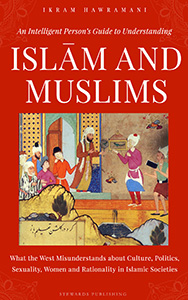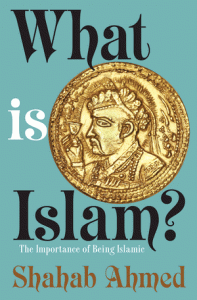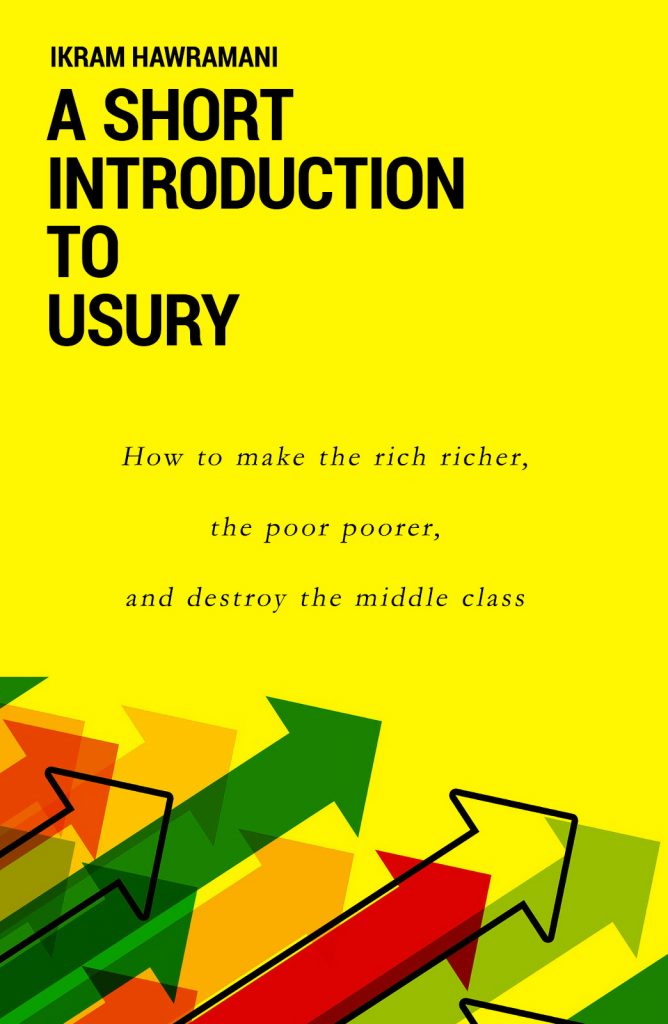- Free download (PDF)
- Free download (Mobi) (for e-readers and ebook reading apps)
- Buy as a paperback on Amazon.com
- Buy as a Kindle ebook on Amazon.com
My new book An Intelligent Person’s Guide to Understanding Islam and Muslims is now available on Amazon.com. This book grew out of a review of Shahab Ahmed’s wonderful What is Islam? that I was preparing last January. Once it passed 15,000 words, I decided that I might as well to turn into a book on the sociology of Islam. Reading Robert R. Reilly’s ridiculous caricature of Islam in his Closing of the Muslim Mind gave me extra impetus to work on it.
At some point I became dissatisfied with my work and put the project on pause. I went on to read 30 books and close to 100 scholarly papers on relevant topics (mainly Western Islamic studies and the evolutionary study of culture). Roger Scruton was especially helpful in clarifying the important issue of human sexuality and how it relates to religion. Recently I felt confident enough to pick up the project again. I rewrote the book and integrated some new essays into it, and this is the result.
From the introduction:
Many Western intellectuals cause Muslims to want to cringe as soon as they open their mouths to speak about Islam. Even if they have read multiple books on Islam, they are often capable of the most gargantuan mischaracterizations of the religion. There is a serious gap in knowledge between Islam as it is described in books and Islam as it is understood and practiced in the real world—and this book aims to fill that gap.


